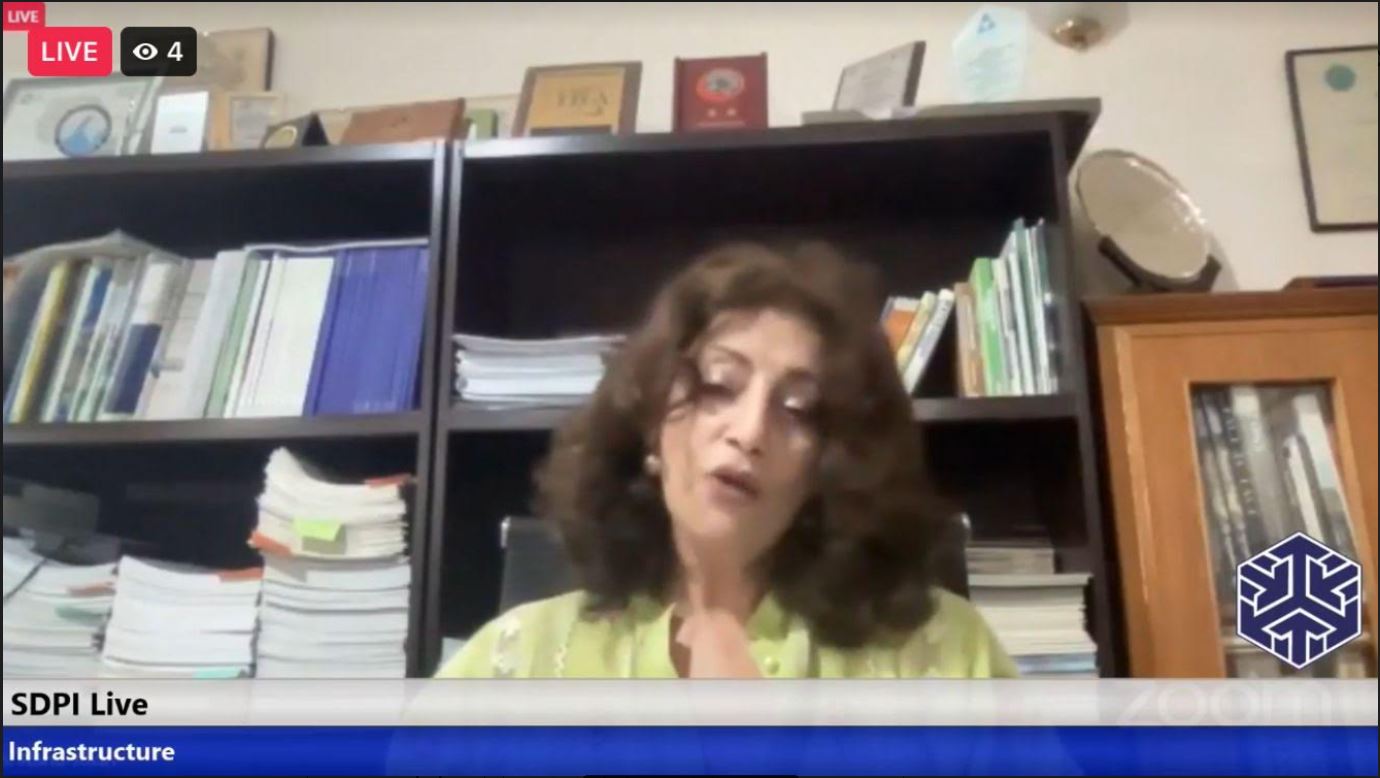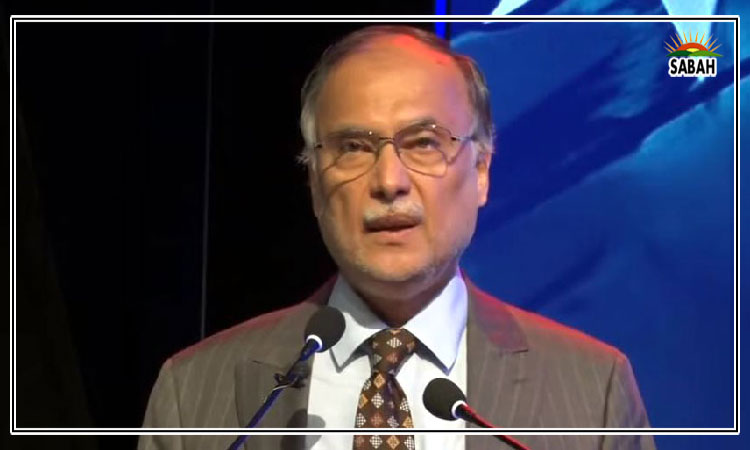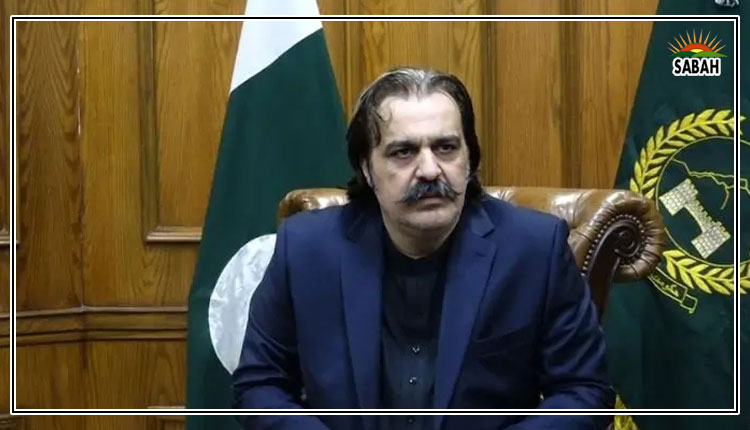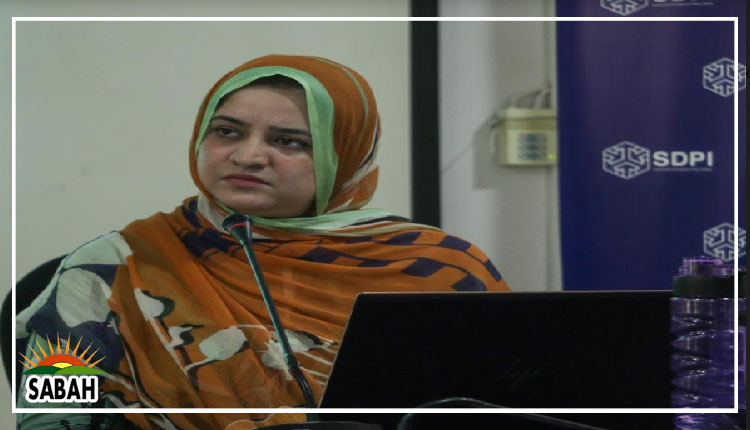Rigorous land use policies, implementation of urban plans, EIA vital for urban resilience, say experts at SDPI webinar
ISLAMABAD, August 16 (SABAH): Disaster Risk Reduction must go hand in hand with urban expansion with rigorous implementation of EIA and proper land use policies and plans, said Ms. Aisha Khan, Executive Director for Civil Society Coalition for Climate Change, while speaking at a webinar on “Urban Resilient Infrastructure in Pakistan” organized by the Sustainable Development Policy Institute (SDPI).

She urged the need to strengthen urban systems to withstand challenges of mounting energy demands, land use changes, loss of green spaces to urban expansion and development, pressure on road network, pollution, solid waste management, and wastewater management etc. She said that energy efficient constructions, sensitizing the public on responsible consumption of energy and other resources are critical to prevent climate change from further exaggerating. She further said that ground water abstractions are an adding pressure and after years of deliberation no groundwater regulatory framework or water tariff regime has been accomplished. She said that the system of surface water drainage and mass transit must be enhanced to meet the urban expansion rate while rainwater catchment remains a neglected aspect of urban planning. She expressed that as a transit city to tourist areas in Pakistan, the pressure on the health infrastructure in Islamabad has increased manifold and no capacity enhancement has been planned or executed. She further said that Islamabad as the capital and planned city should have been developed as a model solarized city, but it has not.
Mubushar Hussain, Manager, Disaster Risk Reduction, National Disaster Risk Management Fund said that NDRMF is working on disaster resilience and disaster risk management throughout Pakistan by issuing call for proposals, funding and executing disaster resilience projects in collaboration with public and private sector. The organization also works on building risk management capacity at community level for quick response to natural disasters keeping in view the recurrent and intense nature of such events. He explained that NDRMF is funding early warning systems, heath systems post Covid-19 and nature-based solutions for ecosystem restoration and climate adaptation. The organization is also developing mechanism for risk transfer through disaster risk insurance based on holistic funding model. He explained that this funding model aims for market based, sustainable products and data to reduce fiscal burden on government. He further said that currently for urban areas unplanned expansion and encroachment have significantly impacted surface drainage system. NDRMF is providing financing to the most vulnerable cities to develop these systems. He called for research and development, technology-based solutions and re-evaluation of master plans every 3 years for climate smart resilient infrastructure.
Nabeel Siddiqui, CEO Modulus Tech said that climate smart housing is affordable, resource efficient, low carbon footprint and adheres to the SDGs agenda. He said that while the previous government presented policy plans for affordable housing for low-income groups, they did not address the issue of energy consumption and subsequent emissions. He pointed out that 40% of emissions from housing is generated due to energy consumption. He said that the technology services provided by Modulus Tech enable net zero emissions in housing and are 20-40% lower in cost compared to concrete housing. He said that insulation services provided by Modulus Tech reduce energy consumption for temperature management which reduces burden on the national grid. He stressed the need on a holistic approach to develop ideal net zero self-sustaining communities rather than implementing individual SDGs in isolated efforts. He pointed out that Pakistan does not have a green building policy due to lack of scientific data on the efficiency of green homes. He stressed on data collection so this knowledge can catalyze shift to green technologies in new and existing infrastructure.
Dr. Hina Aslam, Research Fellow, SDPI expressed that there’s no more time for climate change mitigation rather adaptation and action must be focused proactively. She appreciated the initiative of mandatory implementation of urban plan for developing resilient infrastructure, land use plan and robust environmental impact assessment. She said that unplanned and unchecked expansion and encroachment of urban sprawls engulfing agricultural lands is increasing pressure on resources and undermining resilience to climate change and climate induced disasters.












